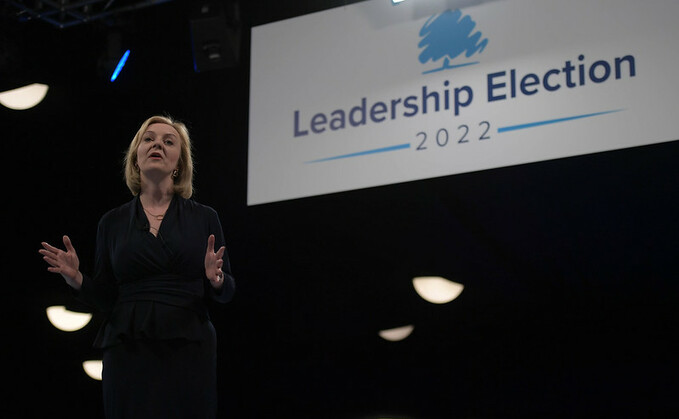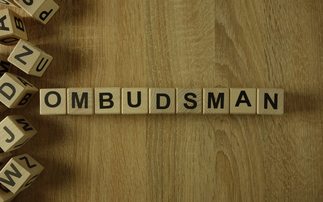
Liz Truss
Financial market reaction has been muted after prime minister Liz Truss announced her resignation following just 44 days in office.
The end of her term in office followed a month of market chaos and political turmoil but the reaction to her departure was muted - with the yield on 30-year bonds stable at 3.956% at 2:30pm compared to a close of 3.985% yesterday.
Sterling strengthened slightly against the dollar - with the exchange rate standing at $1.1264 at 2:30pm this afternoon against a close of £1.1218 yesterday.
Truss' time as prime minister began after former prime minister Boris Johnson resigned from office on 7 July, triggering a Conservative Party leadership race, in which she beat ex-chancellor Rishi Sunak to the role.
Just two days into her leadership Queen Elizabeth II died, causing a national period of mourning.
This postponed the government's announcements of the introduction of the Energy Price Cap scheme just as the cost of living crisis surged in importance.
In her first major move as prime minster, the government announced its mini budget on 23 September, in which former chancellor Kwasi Kwarteng announced sweeping tax cuts without clear funding or a forecast from the Office for Budget Responsibility. This led to gilt yields skyrocketing and the pound plummeting to the lowest level against the dollar in history.
In the following weeks, the Bank of England was forced to intervene with a temporary bond-buying scheme to shore up pension and LDI funds, the government abandoned almost all pledges made in the Mini Budget and Kwarteng was sacked as chancellor, with Jeremy Hunt appointed in his place.
As well as Kwarteng's dismissal, several senior figures were ousted from government, which bred instability within the party.
After Suella Braverman resigned as home secretary and the government worked to defeat a bill that would ban fracking on 19 October, which was viewed as a confidence vote and was subject to a three-line whip, the pressure for Truss to resign increased.
Over a dozen Conservative MPs have called for Truss to go, while leader of the opposition Keir Starmer has argued for a general election.
Her premiership has been the shortest for any prime minister in history, while her leadership also saw the shortest serving home secretary and the second shortest serving chancellor.







